Conference report - IACL Research Group on Constitutional Responses to Terrorism – 2019 Workshop “Counter-Terrorism at the Crossroad between International, Regional and Domestic Law”
/Chiara Graziani
University of Genoa and Bocconi University, Milan
On June 13-14, 2019, the IACL Research Group on Constitutional Responses to Terrorism – chaired by Kim L. Scheppele (Princeton University) and coordinated by Arianna Vedaschi (Bocconi University) – held its annual Workshop, titled “Counter-Terrorism at the Crossroad between International, Regional and Domestic Law” at Bocconi University, Milan (Italy). The event was jointly organized by the IACL, Bocconi University and the Baffi Carefin Centre for Applied Research on International Markets, Banking, Finance and Regulation. The Workshop gathered scholars from five continents, interested in discussing innovative perspectives on counter-terrorism and in finding new paths of research.
This year’s Workshop had two main goals. On the one hand, it was aimed at analysing the evolving interaction between the international, regional and domestic levels in framing counter-terrorism laws and policies. On the other hand, and from a more practical perspective, the Workshop’s purpose was to explore the relationship between academia, institutions and bodies working “in the field” on matters related to counter-terrorism. For this reason, the Workshop featured the participation of three “special guests”: two former and the current UN Special Rapporteurs on the Promotion and Protection of Human Rights while Countering Terrorism. Martin Scheinin (2005-2011), Ben Emmerson (2011-2017) and Fionnuala Ní Aoláin (2017-in office) delivered three inspiring keynote speeches, focusing on crucial areas of counter-terrorism law.
On June 13, after a welcome address by Stefano Caselli, Dean for International Affairs at Bocconi University, who also spoke on behalf of Donato Masciandaro, President of the Baffi Carefin Centre, the president of IACL Adrienne Stone (University of Melbourne) gave her opening remarks via videoconference, followed by Kim L. Scheppele and Arianna Vedaschi.
The “operative” part of the Workshop opened with Martin Scheinin’s keynote speech. Martin Scheinin focused on the definition of terrorism, remarking how existing definitions – embodied in both international and EU law – are inaccurate. Then, he proposed a new definition of terrorism, whose main elements are: the instrumentalization of human beings through the taking of hostages or the use of physical violence; actions corresponding to the definition of a serious offence in national law, enacted to comply with international legal instruments related to terrorism, or to a serious crime defined by national law. No specific terrorist intent or aim is required according to this definition.
Panel 1: Foreign Terrorist Fighters and Cosmopolitanism
The first Panel, on “Foreign Terrorist Fighters and Cosmopolitanism”, was chaired by Gavin Sullivan (University of Kent). The panellists analysed the challenging phenomenon of foreign terrorist fighters (FTFs) from different perspectives. Tarik Gherbaoui (European University Institute), focusing especially on the UK case, argued that the international framework addressing FTFs has compounded the erosion of the rule of law at the domestic level due to some flaws (e.g. no clear definition of foreign terrorist fighters). Lisa Ginsborg (European University Institute) dealt with the growing use of preventive criminal law in counter-terrorism laws and policies. The criminalization of prospective FTFs as well as provisions preventing them from leaving are some examples of this trend. The problem is that the definition of FTF is not clear and neither is the related set of preventive activities that are to be repressed. The apex of this approach is evident in a recent United Nations Security Council (UNSC) resolution (2462/2019), asking states to criminalize dangerous conduct even in the absence of a link to a specific terrorist act. Kim Scheppele claimed that “legislating for the world” (e.g. issuing UNSC resolutions on FTFs) is not conducive to producing uniformity, but rather causes dangers and the risk of abuse. She also examined countries such as the Republic of Belarus and Ukraine, noting these cases exemplify the risk of antiterrorism measures being abused by regimes in power. Clive Walker (University of Leeds) explored the “weaponization” of citizenship and the decline of the notion of cosmopolitanism due to measures taken against FTFs. He argued that revocation of citizenship as a counter-terrorism tool is not to be totally rejected, but it must be carried out in a fair and cooperative way, and the current framework does not always provide such guarantees.
Ben Emmerson’s keynote speech addressed several topical issues of counter-terrorism practice and shed light on some aspects that are sometimes relegated to a secondary role in academic discourse. He considered matters such as the non-state nature of terrorist groups as well as duties stemming from international human rights law vis-à-vis terrorism victims. In dealing with these issues, Ben Emmerson relied on his vast experience as a practicing lawyer defending people’s rights before national and international courts, in addition to his work as UN Special Rapporteur. Importantly, he stressed the need for Special Rapporteurs to engage in concretely applicable review of counter-terrorism practice, rather than in principled declarations on respect for human rights.
Panel 2: Multilevel Approach and International Cooperation in Counter-Terrorism Measures
The second Panel, on “Multilevel Approach and International Cooperation in Counter-Terrorism Measures”, was chaired by Clive Walker and explored cooperation between both states and different levels of government aimed at fighting terrorism. Mari Djedri (Université Paris-Est Créteil) stressed the universal dimension of the fight against terrorism and examined the involvement of the UNSC in counter-terrorism operations, claiming that repressive measures can be used, but not as a long-term solution, suggesting the strengthening of international cooperation is the only effective response. Sophie Duroy (European University Institute) proposed to apply a compliance-based model to the regulation of the oversight of states’ international cooperation to fight terrorism, assuming that states are rational actors aiming at maximizing the pay-off that results from their conduct. Daniel Alati, presenting a paper co-authored with Graham Hudson (both from Ryerson University), analysed the role of the UNSC resolutions in compelling states to allow the use of non-disclosed material in civil litigation, with specific focus on the UK and Canadian frameworks. Satvinder Juss (King’s College London) examined UK-US cooperation in extraordinary renditions, discussing the use of the act of the state and political doctrines in judicial proceedings involving the government’s accountability for wrongdoings.
Panel 3: Counter-Terrorism, Technology and Artificial Intelligence: A Multilevel Approach
On June 14, the second day of the Workshop began with Panel 3, on “Counter-Terrorism, Technology and Artificial Intelligence: A Multilevel Approach”, chaired by Oren Gross (University of Minnesota). Iain Cameron (Uppsala University) addressed signals intelligence and retraced the case law of supranational courts related to this issue, arguing that the use of signals intelligence both produces a chilling effect on freedom of expression and substantively nullifies the right to privacy. Shiri Krebs (University of Deakin and Stanford University) presented a paper on the use of algorithms and technology-generated data in military operations and, through the examination of four case-studies, argued that the use of technology in warfare is particularly prone to human error. Juan Mecinas Montiel (Universidad de las Américas Puebla) focused his presentation on “Pegasus”, spyware used in Mexico against drug cartels and terrorists, assessing its constitutionality within the Mexican framework. Saime Naz Yilancioğlu (Queen Mary University of London) discussed the relationship between privacy, surveillance measures and national security, analysing some recent cases and claiming that the Court of Strasbourg’s standards for balancing privacy and national security are still too weak.
Fionnuala Ní Aoláin’s keynote speech focused not only on her experience as current UN Special Rapporteur, but also on the major challenges of her mandate, some of which derive from existing flaws in the current UN architecture dealing with counter-terrorism. She explained that, although after 9/11 some steps have been taken in this direction, the UN still largely fails to put human rights at the centre of UN counter-terrorism policies. She pointed out many reasons on which this assumption is grounded. For example, she highlighted the fact that no permanent mechanism exists at the UN level to deal with human rights violations perpetrated by states in the name of the fight against terrorism.
Panel 4: Tackling Terrorist Radicalization: Civil Liberties in the Counter-Terrorism Context
The fourth and last Panel, on “Tackling Terrorist Radicalization: Civil Liberties in the Counter-Terrorism Context”, chaired by Giacinto della Cananea (Bocconi University), explored the phenomenon of terrorist radicalization from several perspectives. Stéphanie De Coensel (Ghent University) examined some offences in which criminal liability is anticipated, such as habitual consultation of terrorist websites and self-study of or obtaining or viewing terrorist material, and discussed their impact on freedom of expression and freedom of information. Chiara Graziani (University of Genoa) analysed the removal of terrorist content online from two perspectives: pros and cons deriving from the public-private partnership in tacking online terrorism and threats to freedom of expression potentially caused by the resort to algorithms and other technological tools to remove dangerous content. Ian Turner (University of Central Lancashire) explored the balance between freedom of expression and national security in both the US and the European contexts (especially focusing on the UK and the European Convention on Human Rights as incorporated in domestic law). He argued in favour of a “third way” between the US’ relaxed standards and the European strict approach to free speech.
The four Panels as well as the three keynote speeches triggered lively debate and discussion both among the speakers and audience members. An even more interactive approach was taken in the final session of the Workshop, when a final roundtable of experts, chaired by Arianna Vedaschi, was gathered to discuss the outcome of these two days of intense work. The purpose of this session was to identify potential opportunities for cooperation between academia and bodies that are practically involved in concrete efforts against terrorism. Not only did the roundtable include again Ben Emmerson, Oren Gross, Fionnuala Ní Aoláin and Gavin Sullivan, but it also featured the participation of Miguel Poiares Maduro, professor at the European University Institute and former Advocate General of the European Court of Justice. During the roundtable, participants interacted with each other and with the audience. One of the key findings of the discussion was that cooperation between academia and practice cannot work unless “in the field” actors manage to create a “bridge” to include in the conversation other players, involved in counter-terrorism efforts, such as private bodies and other crucial stakeholders. Scholars, for their part, should endeavour to provide practitioners with quick, operative and ready-to-run analyses, if they want to concretely join them in a well-coordinated and effective working group.
In conclusion, the 2019 Workshop was definitely a stepping-stone to ensuring better cooperation in counter-terrorism and to identify new challenges, putting forward potential solutions. The hope for the future is that at next year’s Workshop, to be held at Princeton University (US), members of the Research Group (and any other participants interested in counter-terrorism and human rights) will be able to build on the 2019 Workshop’s findings and discuss the progress of the work started over these two days.
Chiara Graziani is a PhD candidate and research fellow at the University of Genoa, Italy, and a teaching assistant at Bocconi University, Milan, Italy.
Suggested citation: Chiara Graziani, “IACL Research Group on Constitutional Responses to Terrorism – 2019 Workshop ‘Counter-Terrorism at the Crossroad between International, Regional and Domestic Law’ June 13-14, 2019” IACL-AIDC Blog (5 July 2019) https://blog-iacl-aidc.org/2019-posts/2019/7/4/conference-report-iacl-research-group-on-constitutional-responses-to-terrorism-2019-workshop-counter-terrorism-at-the-crossroad-between-international-regional-and-domestic-law



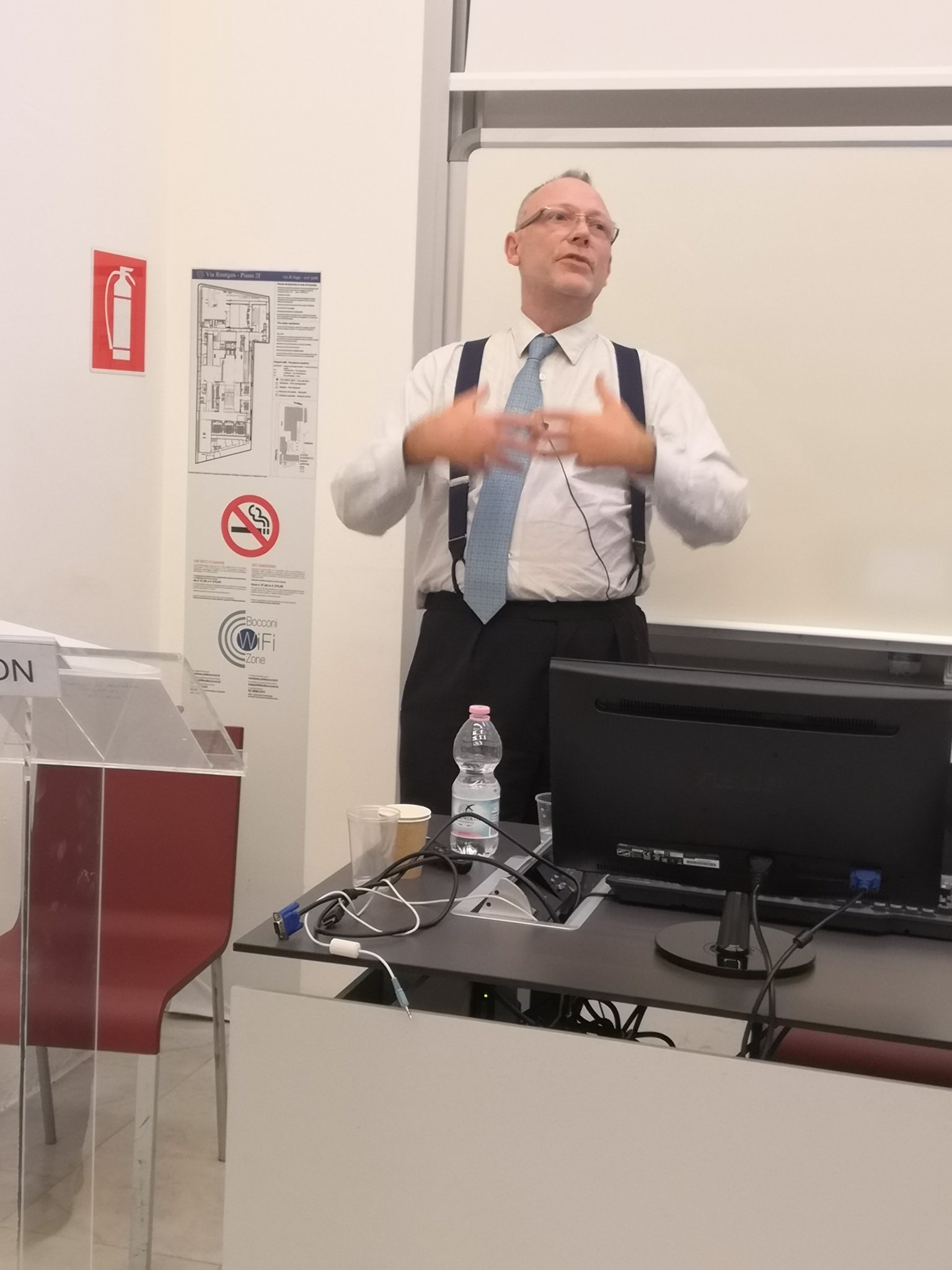
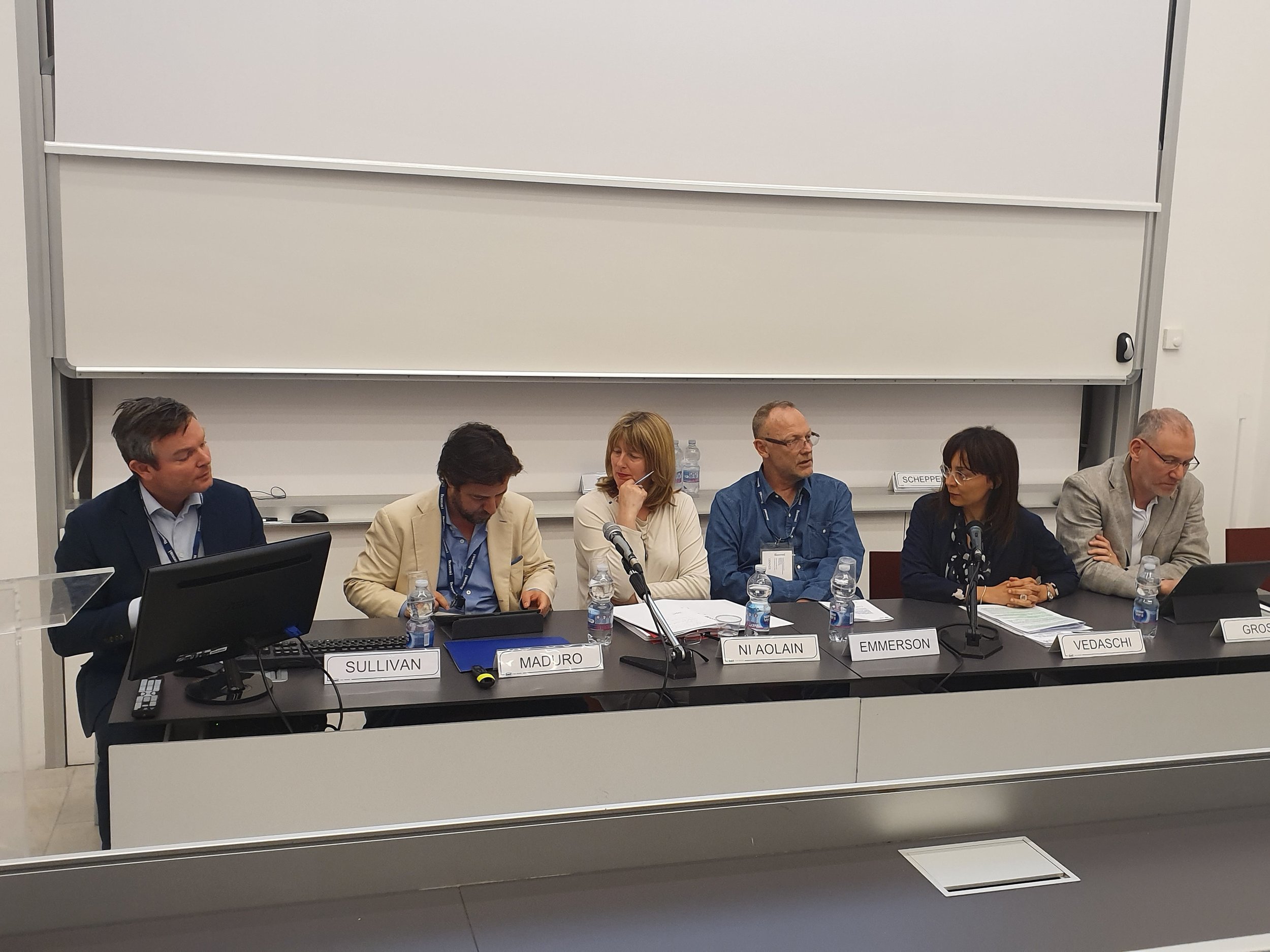

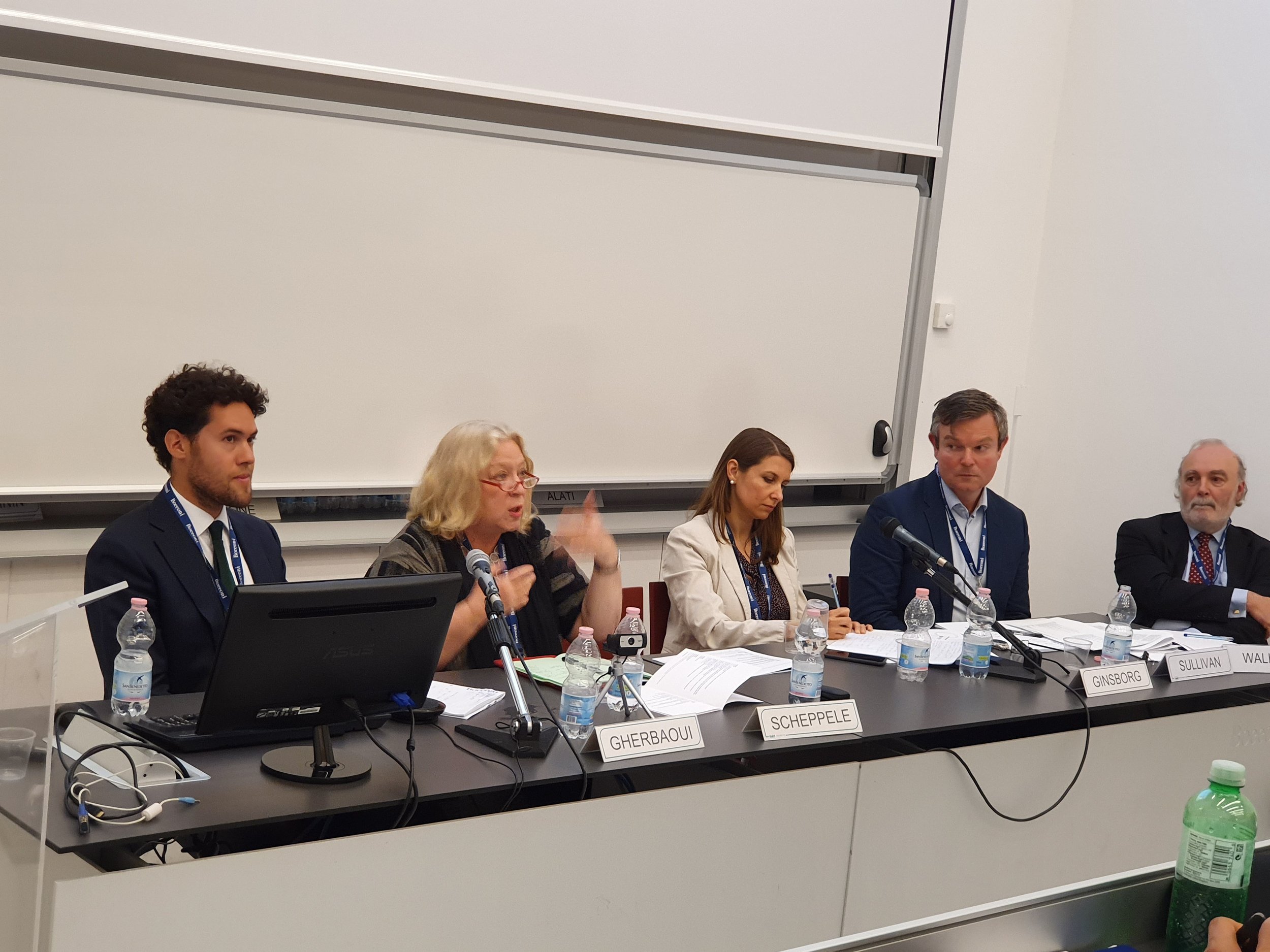
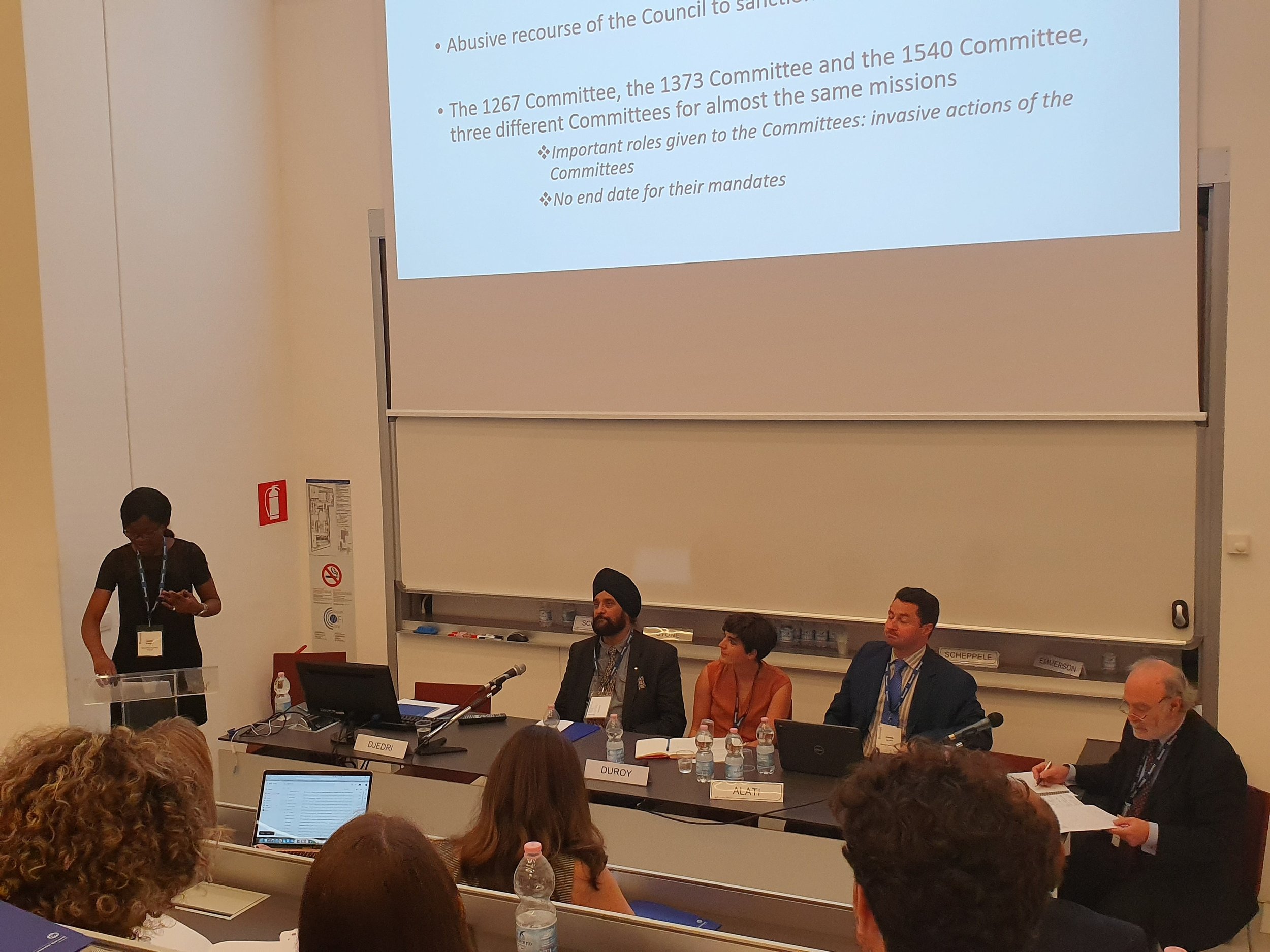
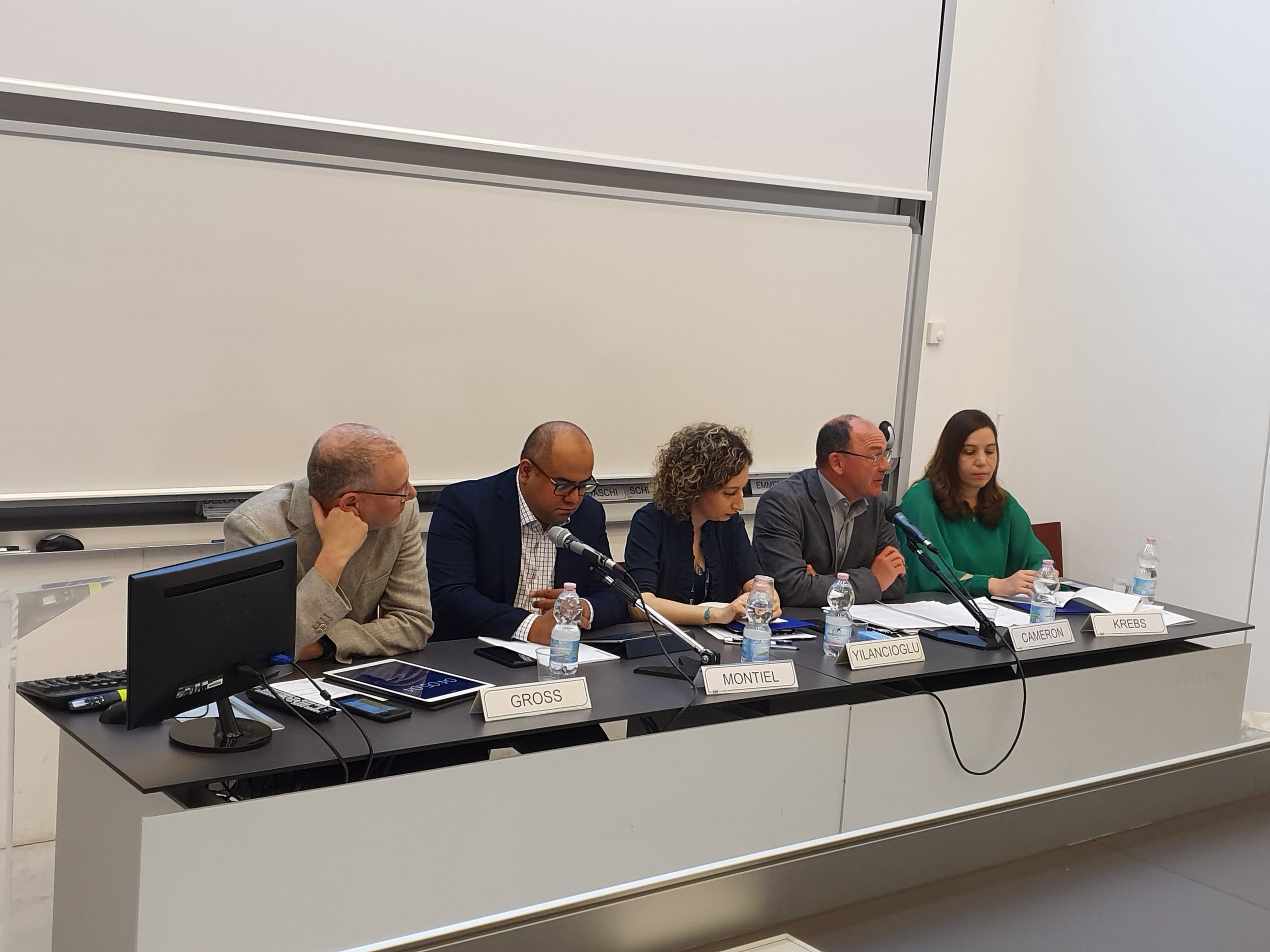
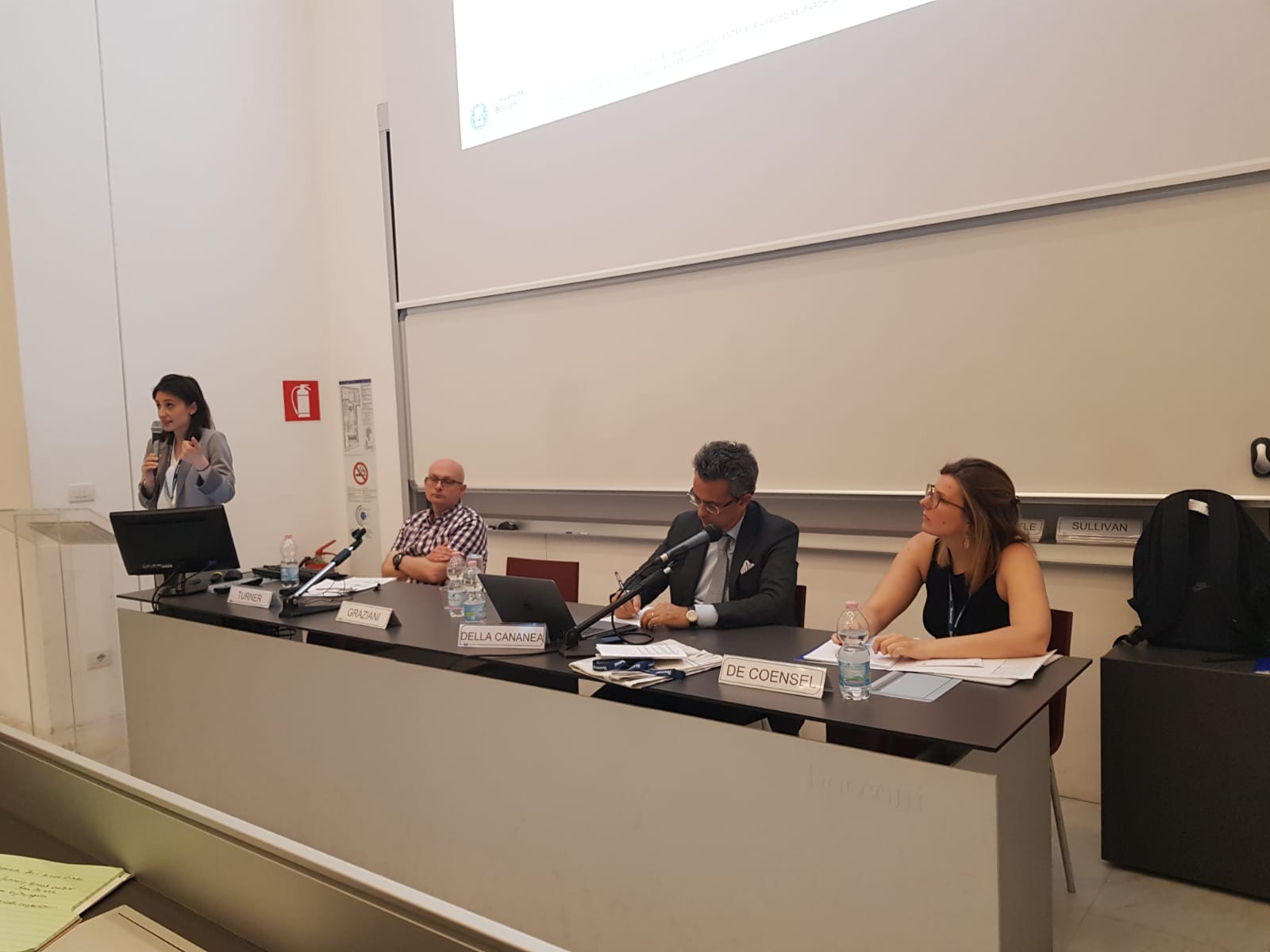

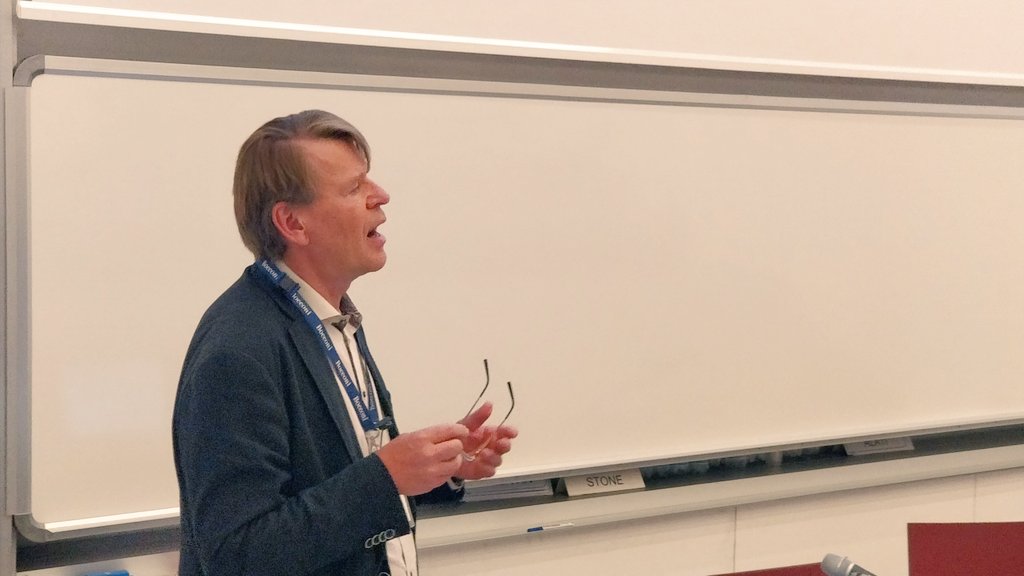
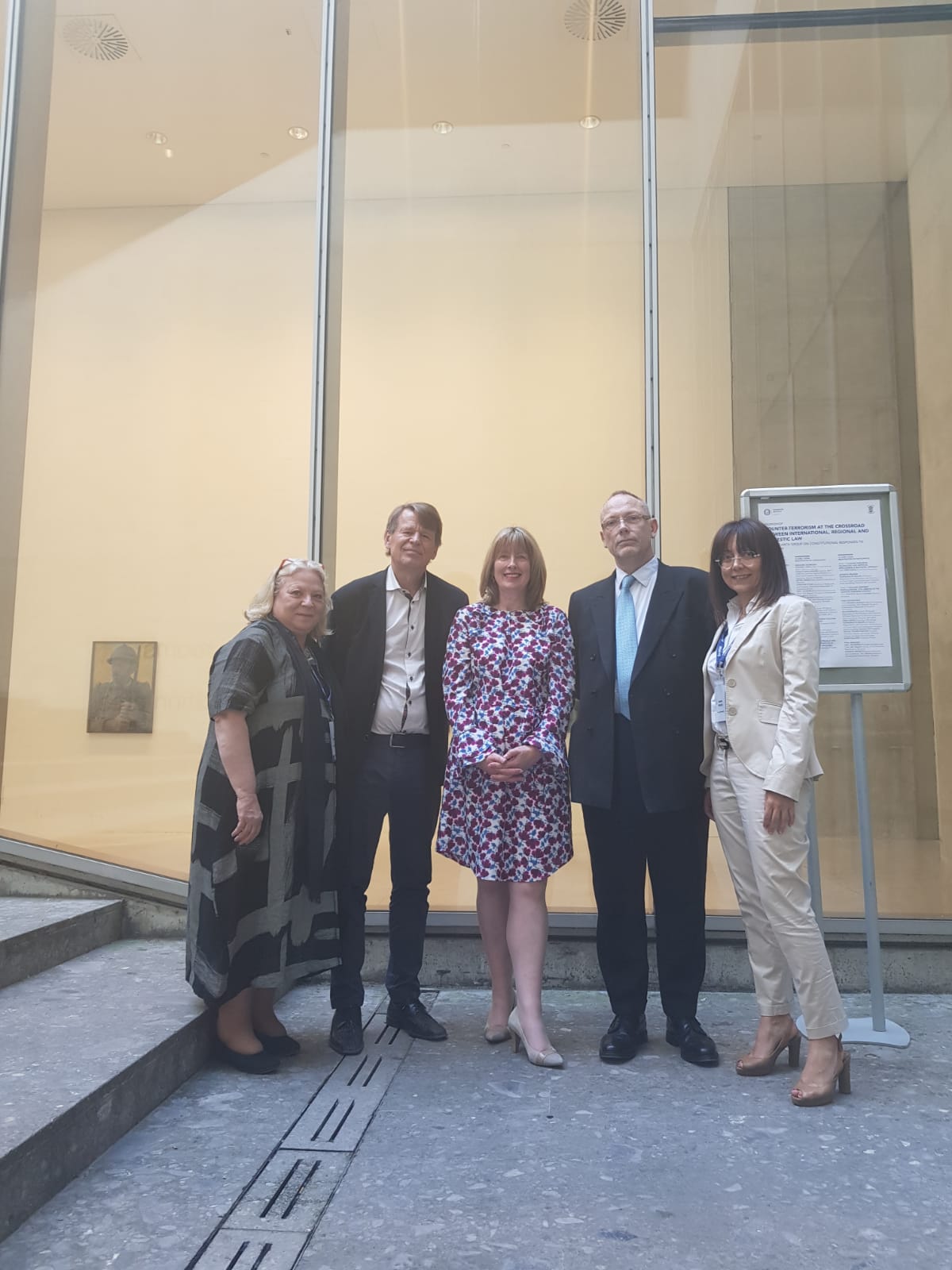
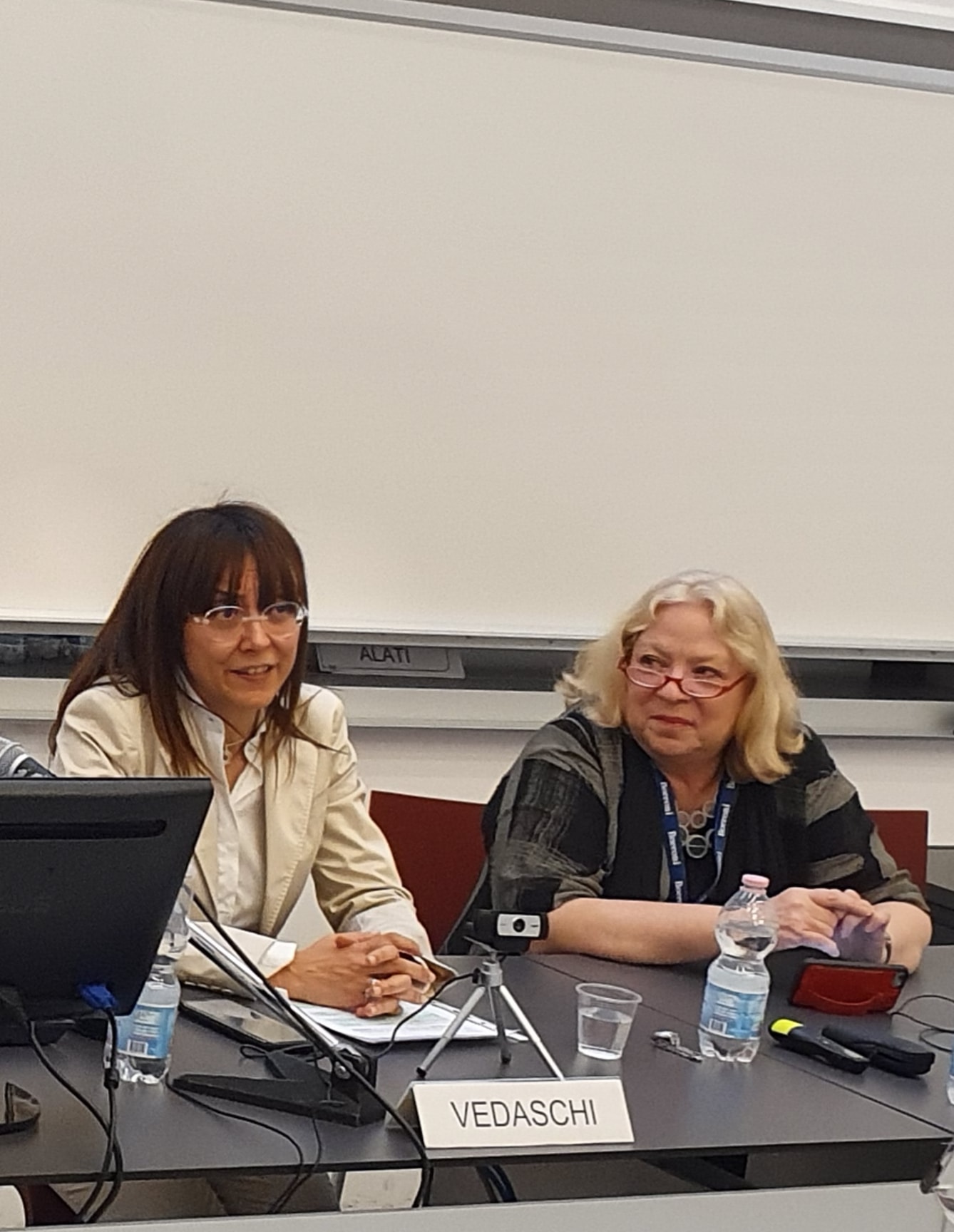



![Xx1088_-_Seoul_city_nightscape_during_1988_Paralympics_-_3b_-_Scan [test].jpg](https://images.squarespace-cdn.com/content/v1/5af3f84a4eddec846552ea29/1527486925632-3VZP3ASLAHP1LJI0D9NJ/Xx1088_-_Seoul_city_nightscape_during_1988_Paralympics_-_3b_-_Scan+%5Btest%5D.jpg)
